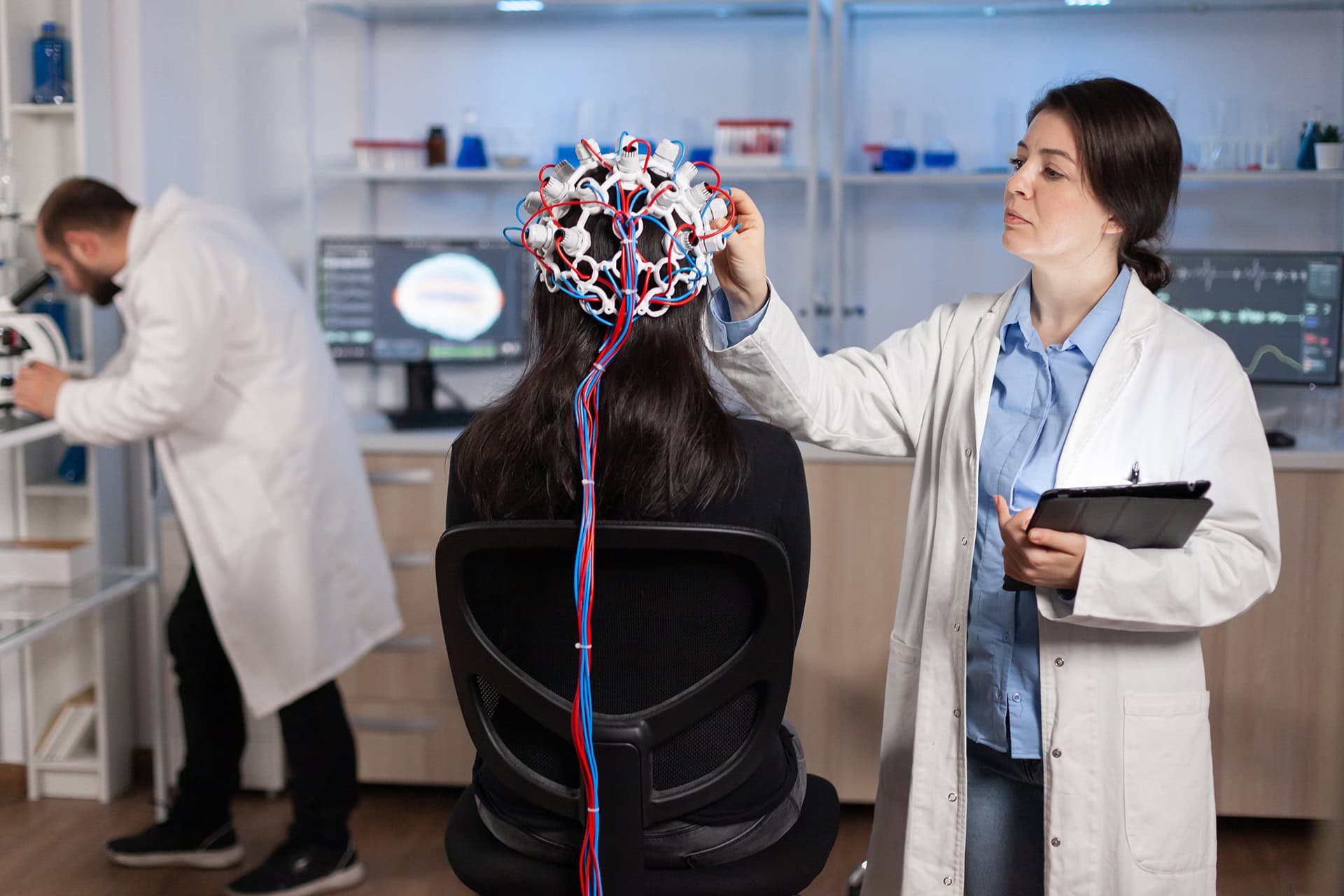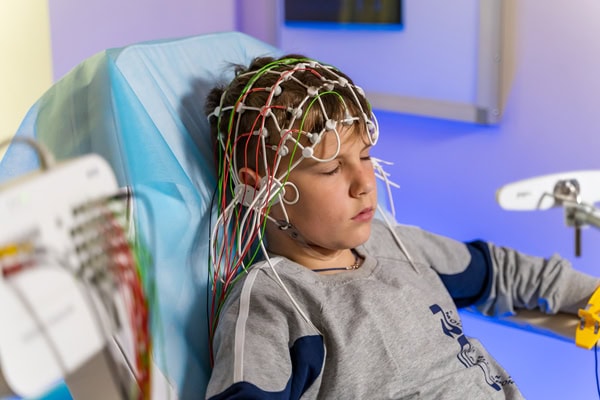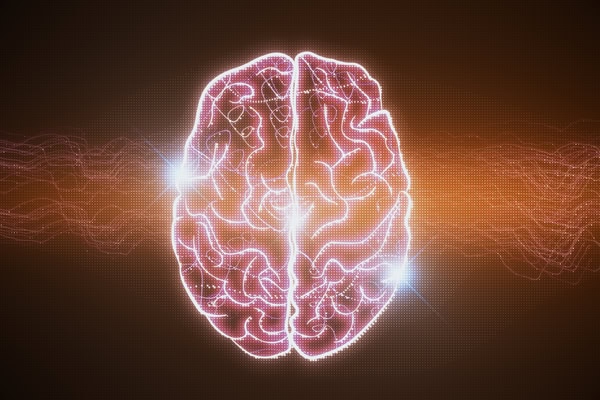The integration of open science principles in neuroscience represents a paradigm shift toward enhanced transparency, collaboration, and accountability in research. This movement addresses critical concerns about reproducibility in research, data sharing, and methodological transparency. By embracing open access principles, and collaborative research frameworks, neuroscience aims to rebuild public trust while accelerating scientific discovery.
Table of Contents
The Foundation of Open Science Principles in Neuroscience
The open science movement emerged as a response to concerns about research integrity and the reproducibility crisis. In neuroscience, these challenges are pronounced due to research complexity, expensive methodologies, and variability in neurological data. Traditional publishing models have restricted access to research findings, creating barriers to verification. Open science in neuroscience seeks to dismantle these barriers by promoting free access to research outputs, methodologies, and raw data through scientific data sharing initiatives.
The fundamental principles include transparency in methodology, accessibility of research materials, and collaborative approaches to knowledge generation. These principles encompass comprehensive documentation of research processes and support research transparency initiatives that benefit the entire scientific community.
The movement toward transparency in science gained momentum following replication failures and methodological concerns. Neuroscience faced scrutiny due to small sample sizes, complex statistical analyses, and challenges interpreting neuroimaging data. International funding organizations began mandating open access publications and data sharing requirements. The European Union’s Horizon 2020 program established policies requiring researchers to make findings publicly accessible through evidence-based research practices and open scientific methodology frameworks.
Open science encompasses open access publishing, open data repositories, open source software development, and collaborative research platforms. Each component addresses barriers to scientific progress and knowledge dissemination.
Preregistration of study protocols has become a cornerstone practice, requiring researchers to specify hypotheses and methodologies before data collection. This practice helps prevent selective reporting that can compromise research integrity through enhanced research validation methods and systematic research documentation processes.
Reproducibility in Research: Addressing the Crisis
The reproducibility crisis in neuroscience has highlighted issues with traditional research practices. Studies attempting to replicate landmark neuropsychological findings have revealed concerning rates of non-reproducible results, particularly in neuroimaging research.
Statistical practices, including inadequate power analyses and selective reporting, have contributed to reproducibility challenges. The complexity of neuroimaging data analysis creates opportunities for researcher to bias outcomes. Open data initiatives in neuropsychology address these concerns by enabling independent researchers to reanalyse original datasets using alternative approaches. This allows for verification of original findings and exploration of alternative interpretations through collaborative science networks.
The push for reproducibility in research has led to improvements in methodological rigour. Larger sample sizes, robust statistical approaches, and systematic meta-analyses have become standard practices. These improvements enhance research reliability. Collaborative multi-site studies have emerged as powerful tools for addressing reproducibility concerns. By collecting data across multiple research centres using standardized protocols, these studies achieve sample sizes that single-site studies cannot match through open research methodology frameworks.
Despite progress, reproducibility efforts face challenges including resource constraints, institutional resistance, and technical barriers to data sharing. The time required for comprehensive documentation can be substantial. Privacy concerns present challenges when dealing with sensitive neurological data. Balancing transparency with patient privacy requires sophisticated approaches to data anonymization and implementation of peer review transparency measures.
Transparency in Science: Building Trust Through Openness
Transparency in science extends beyond data sharing to encompass all aspects of the research process. This comprehensive approach aims to rebuild public trust in scientific institutions while improving research quality. Open peer review processes have gained traction as alternatives to traditional anonymous review systems. These approaches make review processes more transparent, though they raise concerns about potential biases.
Enhanced transparency facilitates more effective public engagement with scientific research. When methodologies and data are openly available, science communicators can provide more accurate coverage of research findings. Public participation in research has been enabled by open science platforms that allow citizen scientists to contribute to data collection efforts. These collaborative approaches can expand research capacity while engaging the public in scientific processes.
The adoption of open science practices requires institutional changes within academic organizations. Promotion criteria must evolve to recognize contributions to open science, including data sharing and collaborative research efforts. Training programs are essential for preparing researchers to work within open science frameworks. These programs must address technical skills and ethical considerations associated with transparent research practices and neuropsychology research ethics.
Implementation Challenges and Solutions in Open Data in Neuropsychology
The practical implementation of open science principles faces technical, ethical, and logistical challenges. Data standardization, privacy protection, and sustainable infrastructure development represent key areas requiring attention.
Technical challenges include developing standardized data formats and interoperable systems that enable effective data sharing across research platforms. The Brain Imaging Data Structure (BIDS) initiative exemplifies successful efforts to standardize neuroimaging data organization. Resource allocation poses challenges to long-term open science initiatives. Maintaining data repositories requires substantial investments that may not align with traditional funding models.
Effective data management requires comprehensive planning from initial research design through long-term preservation. Data management plans must address technical specifications, ethical considerations, and resource requirements for sustainable sharing practices.
Key elements of effective data sharing include:
- Standardized data formats and documentation protocols
- Robust anonymization procedures protecting participant privacy
- Version control systems tracking data modifications
- Access control mechanisms balancing openness with security
- Long-term preservation strategies ensuring continued availability
Global collaboration in open science requires harmonization of standards across countries and institutions. International organizations play crucial roles in developing common frameworks that facilitate cross-border collaboration. The development of international data sharing agreements enables large-scale collaborative studies that can address questions requiring diverse populations. These efforts represent advances in generating robust findings through research collaboration platforms.
Future Directions and Impact Assessment
The long-term impact of open science initiatives will depend on continued evolution of practices and technologies. Early indicators suggest positive effects on research quality and collaboration. Emerging technologies, including artificial intelligence approaches, offer opportunities for analysing openly shared datasets and identifying patterns not apparent through traditional methods. These capabilities could accelerate discovery while highlighting data sharing value.
Dr. Christian Beste’s contributions to advancing transparent research practices have helped establish precedents for open science implementation in neuropsychology. His work demonstrates how researchers can balance scientific rigour with open access principles. Christian Beste emphasizes that successful implementation depends on institutional support, training resources, and recognition systems that value contributions to scientific transparency.







